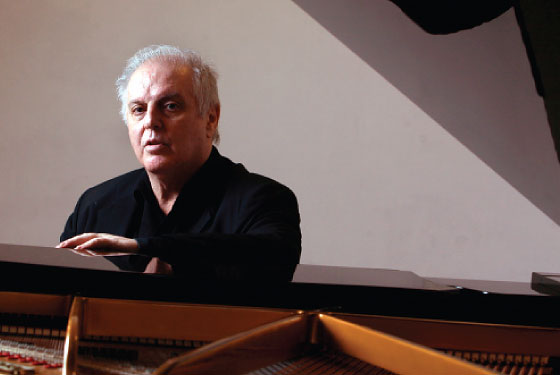
Nobody has made more noise for classical music than Daniel Barenboim, the pianist, conductor, proselytizer, knight errant, and tireless musical arguer. At the Chicago Symphony, he tried valiantly to persuade Midwesterners to love the avant-garde music of Elliott Carter; in Israel, he did the same for Wagner (with similarly limited results). He has even led his own Mideast peace effort, gathering Arab and Israeli musicians into the West-Eastern Divan orchestra.
It’s a miracle that this unrelenting pugilism has left him any time to practice the piano, and several recitals have suggested that, in fact, it hasn’t. At his best, though, Barenboim projects a spontaneous urgency at the keyboard, a sense that there’s always another moral imperative to be proclaimed. Perhaps for this reason, or for his service to opera, or to ratify his self-fueling stature, the Metropolitan Opera has given Barenboim the rare honor of a solo piano recital on its stage. On December 14, his will become the first since Vladimir Horowitz played in 1983. (He’ll have to prepare between rehearsals of the Met’s Tristan und Isolde, which he will conduct on November 28.) His piano program is entirely devoted to another tireless figure with fast fingers, an imperious baton, and plenty to say: Franz Liszt, whose embroidered “paraphrases” of Verdi operas are virtually guaranteed to shiver the Met’s newly renovated chandeliers.
Daniel Barenboim
Metropolitan Opera; December 14.
